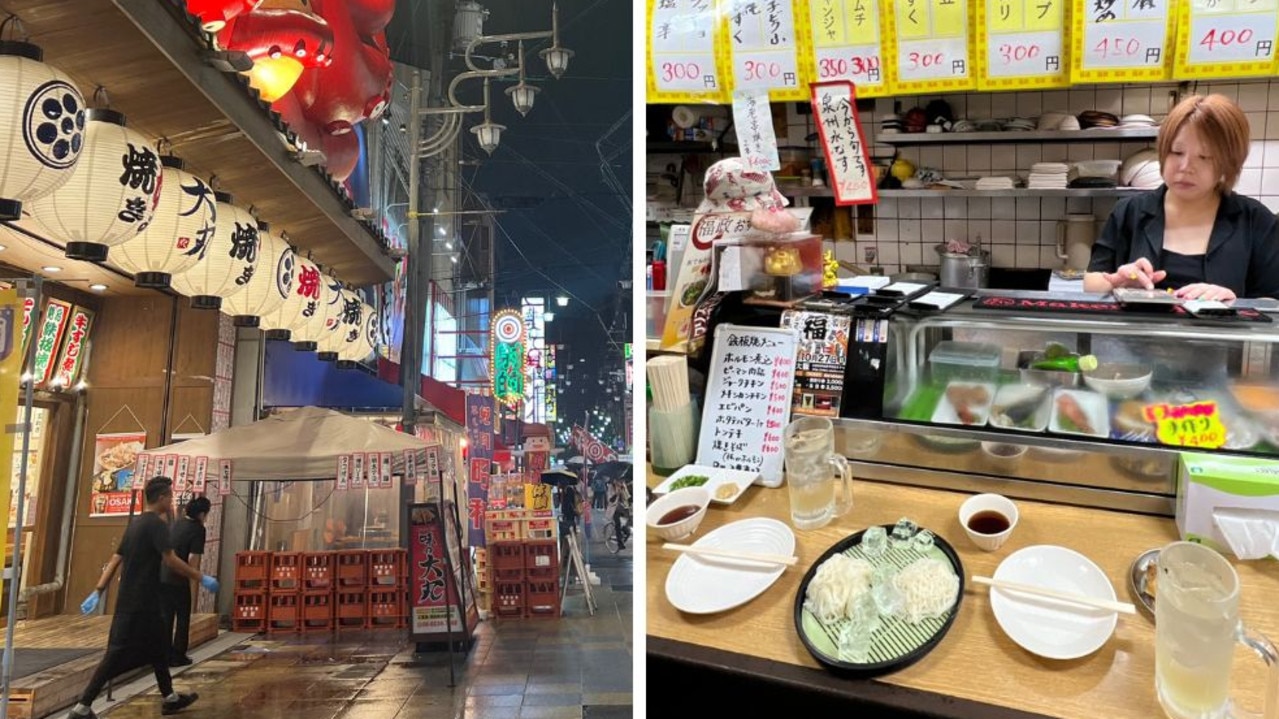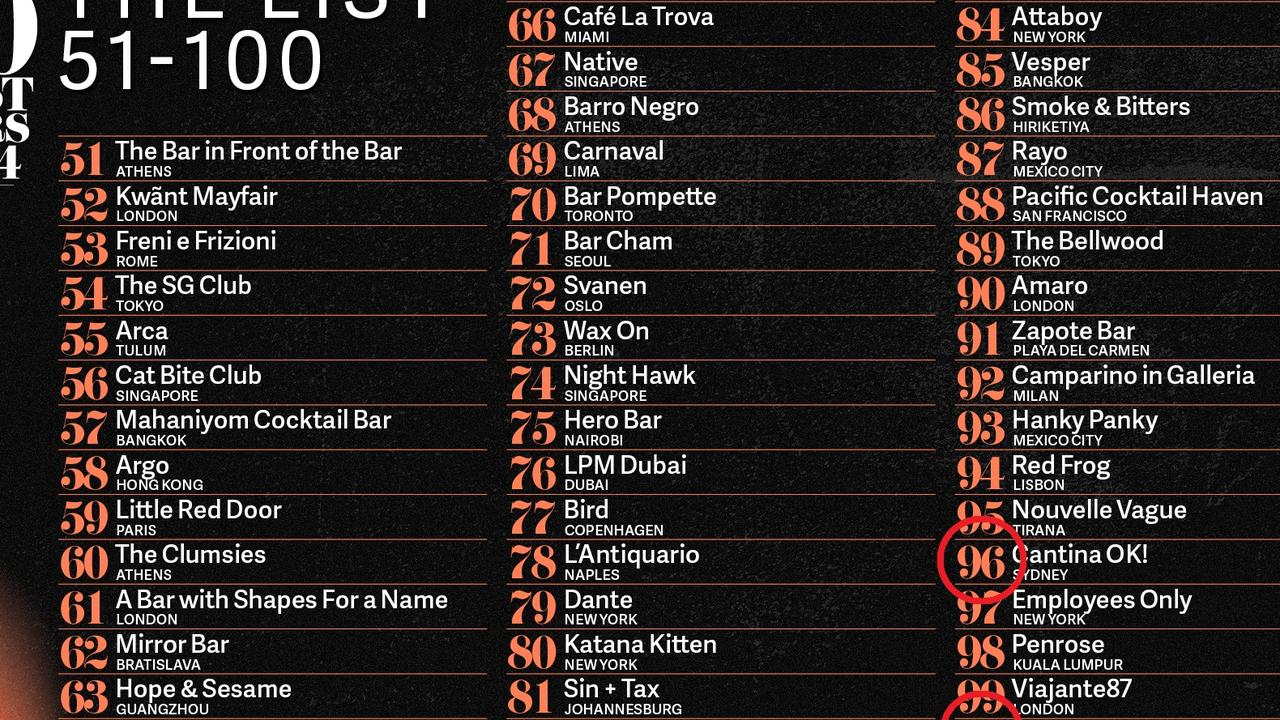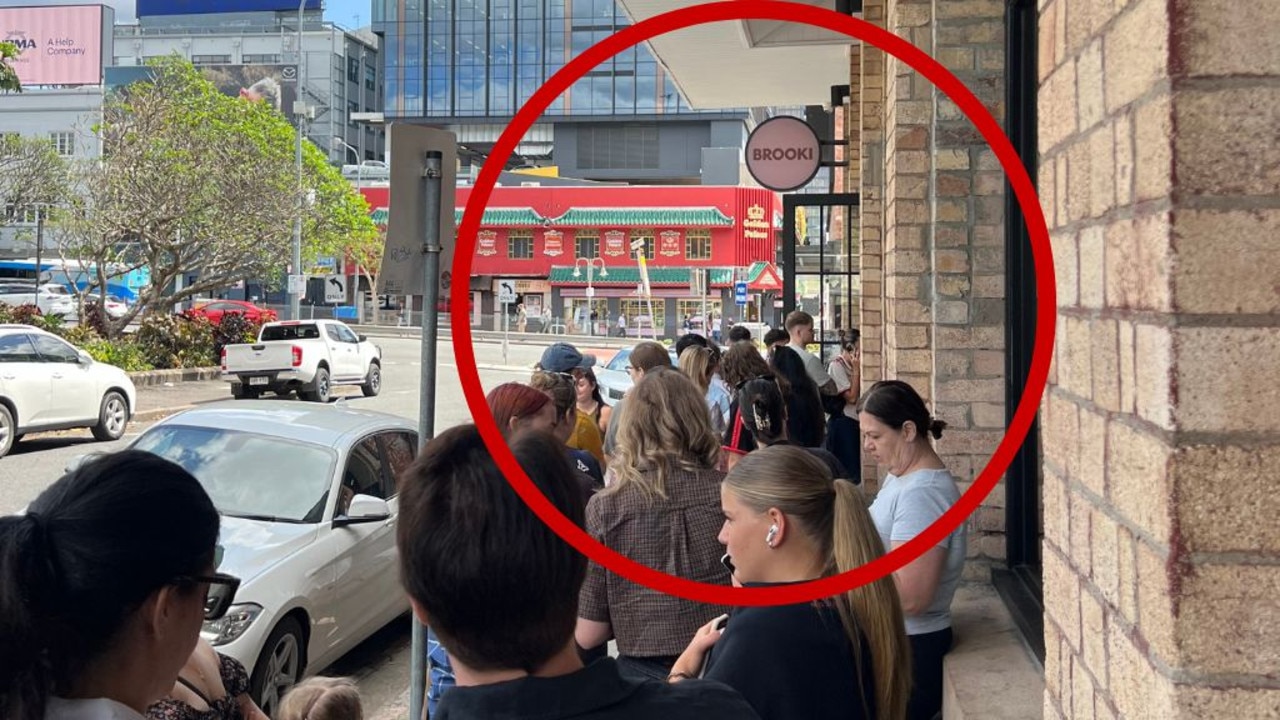Vegans blow up over cafe’s refusal to serve ‘highly-processed’ soy milk
Irate vegans have let rip at a cafe for refusing to serve one popular plant-based product, and their reason for doing so made matters even worse.
Angry vegans have let rip at an Australian cafe on social media because it refuses to serve soy milk for health reasons.
Healthy food specialists Rough & Bare — which has cafes at Mona Vale in northern Sydney and St Leonards on the city’s north shore — stoked one plant-lover’s fury when she read the establishment’s menu.
A Facebook user, who is vegan, took a picture of a full-page description inside the menu which states why the management have decided to omit the popular dairy substitute from the cafe’s offerings.
“We choose not to serve soy milk and people often ask why,” the menu reads.
It then lists a number of reasons for the omission.
“Soy is a very highly processed product,” the cafe’s owners claim.
“It contains phytates which bind minerals like zinc, calcium, iron and magnesium making them unavailable to you.

“Isoflavones in soy is plant based oestrogen and this mimics the body’s actual oestrogen levels.”
The menu then goes on to describe how the establishment offers “better” alternatives such as coconut and almond milk — which it claims are “free from any preservatives or additives”.
However, the Facebook poster was far from impressed by the reasoning and uploaded the picture onto a Sydney vegan community page, writing: “Interesting! At a cafe for breakfast and they don’t serve Soy... yet they serve Bacon and Bone Broth etc. *extreme eye roll*”
The cafe does indeed sell “nitrate free pastured bacon” as part of its Breakfast Sandwich and a “24hr beef bone broth” which is served with a side of house gluten free sourdough or sprouted quinoa toast — according to its online menu.
‘IT’S COMPLETE PROPAGANDA’
Once the picture was uploaded onto Facebook, vegans quickly piled on the pressure — saying the “pseudoscience” quoted in the menu is “complete propaganda”.
“Lol bacon is a carcinogen but no... let’s blame soy beans,” wrote one disgruntled herbivore.
“They obviously have not read the science,” wrote another. “The Asian continent has been enjoying soy for thousands of years, have a guess who used to be the healthiest population before they started a Western diet and drinking dairy.”
“Ugh f**k right off and f**k off some more,” added a third, charmingly. “Anyone who consumes flesh and drinks pus can’t tell me what’s bad for me.”
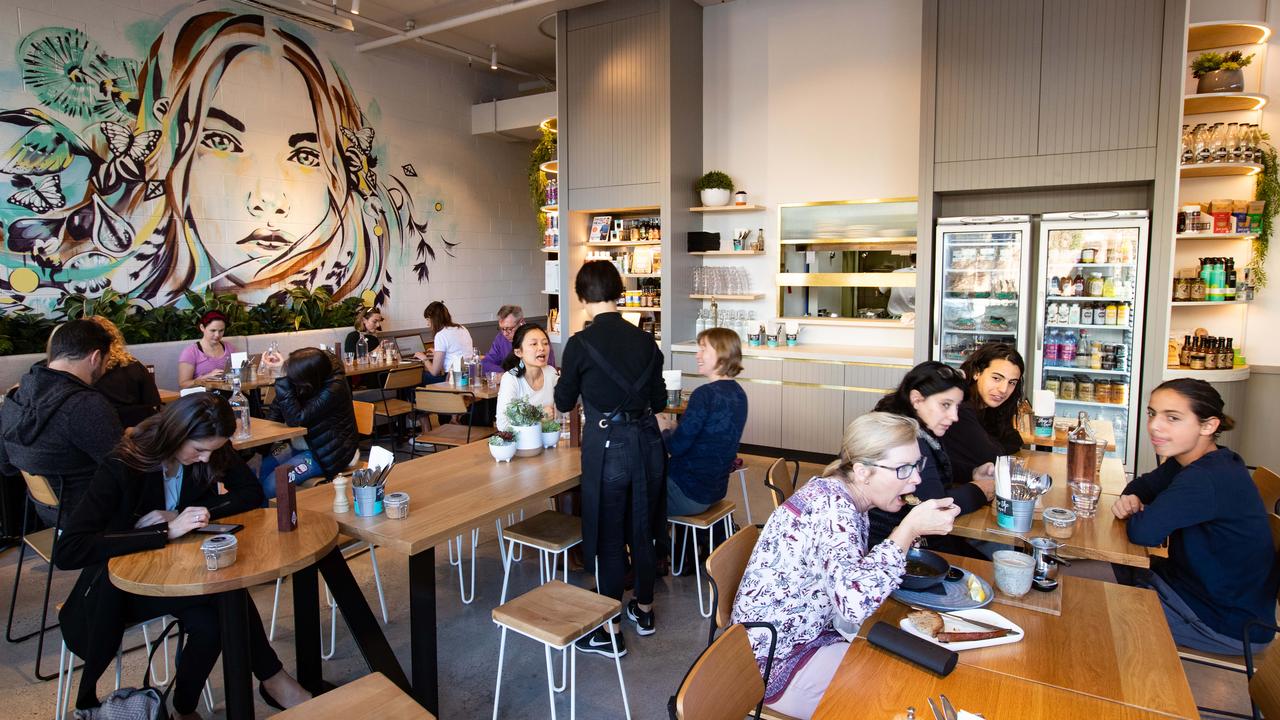
“So then they should not sell any grains!” added another. “All family of grains contain phytates, even some veggies. Anyway, all that bull is pseudoscience. If they really care about health they would not have bacon in the first place!”
Rough & Bare has not responded to news.com.au’s requests for comment on the social media post, however its website states that its ethos is based on “bio-individuality” — meaning diets like vegetarian, paleo, vegan, primal, low carb high fat, raw food and ketogenic are just labels.
“While we respect and are inspired by a number of different lifestyle food choices, we are focused on ensuring our food is unprocessed, whole and nutrient dense,” it reads.
“Our philosophy is linked with science and we are continuously growing and evolving our menu based on new knowledge we attain from our advisers.”
IS SOY MILK BAD FOR YOU?
A Roy Morgan report shows more than 1.1 million Australians drink a soy drink at least once in any given seven-day period — and the main controversy stems from its naturally occurring isoflavones.
Isoflavones are a class of phytoestrogens or dietary estrogens found predominantly in legumes and beans which have been said to increase the risk of growing man boobs and even developing certain types of cancer.
These claims have been widely debunked, and in 2010 meta-analysis published in Fertility and Sterility, results suggested that soy protein and isoflavones do not affect testosterone levels in men — regardless of age.
However, the nutritional value of soy products is still the subject of an ongoing debate.
Cancer Council says the effects of phytoestrogens on the body, especially from soy, are not “fully understood”.
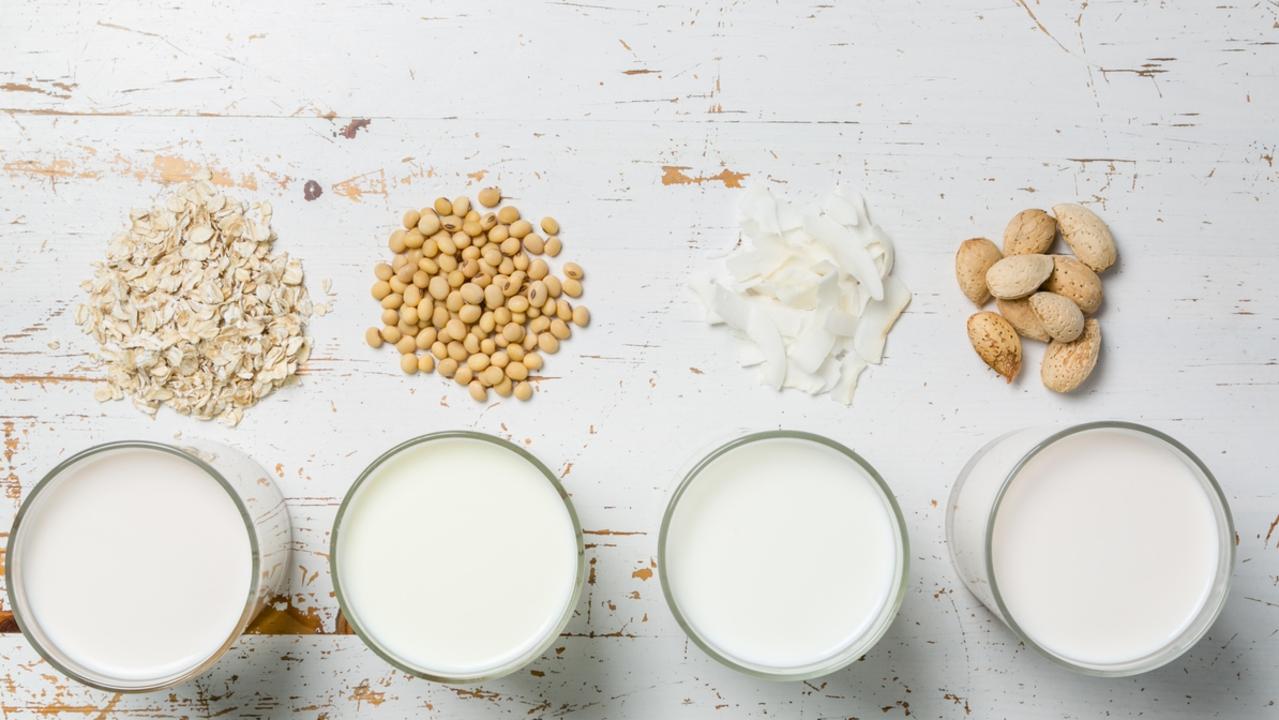
It does, however, recommend that a moderate consumption of soy foods (1-2 serves a day), along with an overall healthy eating plan, is “unlikely to have adverse effects”.
“It’s important to understand that soy isn’t a miracle food,” dietitian Caitlin Reid told HCF, Australia’s largest not-for-profit health fund. “But it isn’t a toxic food to be avoided either.”
The Rough & Bare website adds that all its meat is “organic, grass-fed and grass-finished and our chicken is free range”.
“We work on the basis of 1 degree of separation from us and the farmer,” it reads.
“We want the people we deal with to know where the produce is coming from or we will directly source the product ourselves.
“We believe in full transparency so you know exactly what you are eating.”


